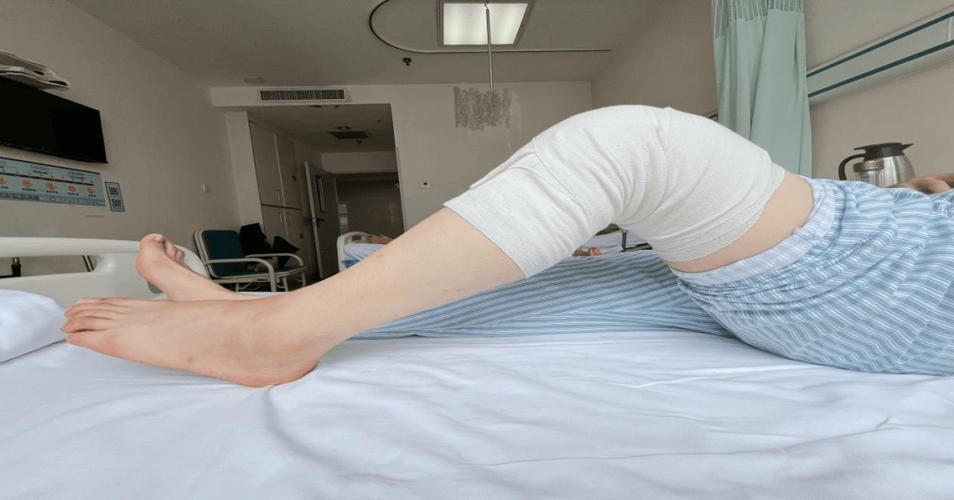Knee replacement surgery is a common and well-established procedure, primarily aimed at relieving joint pain, improving joint function, and enhancing quality of life. However, surgery is only part of the recovery process—scientific and systematic postoperative management is equally important. Postoperative management encompasses not only wound care and medication but also functional exercises, proper positioning, nutrition, psychological adjustment, and regular follow-up. Effective postoperative management can reduce the risks of infection, blood clots, and joint stiffness, accelerate recovery, and help patients adapt to the functionality of the artificial joint. Therefore, understanding and following routine postoperative considerations is essential for ensuring surgical outcomes and maintaining long-term joint health.

1. Wound Care
Keep the surgical wound clean and dry, avoiding water exposure or friction. Regularly monitor for redness, swelling, discharge, or unusual pain, and promptly inform your healthcare provider if any abnormalities occur. Dressing changes and suture removal should be performed according to the instructions of doctors or nursing staff.
2. Medication Management
Take pain relief and antibiotic medications exactly as prescribed. Do not adjust the dosage on your own. Proper medication use helps control postoperative pain and prevent infections.
3. Functional Exercises
Under the guidance of doctors or rehabilitation specialists, begin early joint mobility and muscle exercises, such as passive or active knee flexion and extension. Proper rehabilitation exercises help restore joint function and reduce the risk of stiffness or blood clots.
4. Positioning and Activity
During the initial recovery phase, maintain correct sitting and lying positions, avoiding excessive knee bending or weight-bearing. Gradually increase lower-limb activity according to your rehabilitation plan, and use assistive devices such as crutches or walkers when walking to ensure safety.
5. Nutrition
Maintain a balanced diet with adequate protein, vitamins, and minerals to support wound healing and overall recovery. Avoid excessive intake of high-fat or high-sugar foods to reduce the risk of postoperative complications.
6. Regular Follow-Up
Attend follow-up visits and imaging examinations as recommended to monitor the position of the joint prosthesis and recovery progress, addressing potential issues promptly.
7. Preventing Complications
Postoperative complications may include infection, blood clots, or joint stiffness. Patients should ensure regular lower-limb movement to maintain circulation and watch for unusual symptoms such as persistent swelling, severe pain, or fever, seeking medical attention if necessary.
Summary
Recovery after knee replacement surgery depends not only on the surgical procedure but also on careful, systematic management. Through proper wound care, medication use, functional exercises, positioning, nutrition, and regular follow-up, patients can safely restore knee function and improve both surgical outcomes and quality of life.